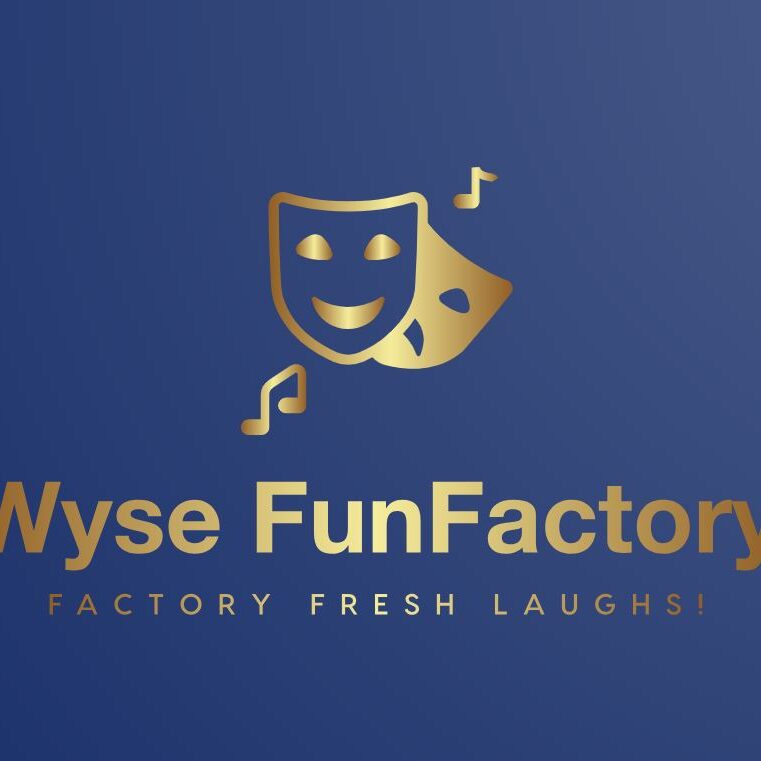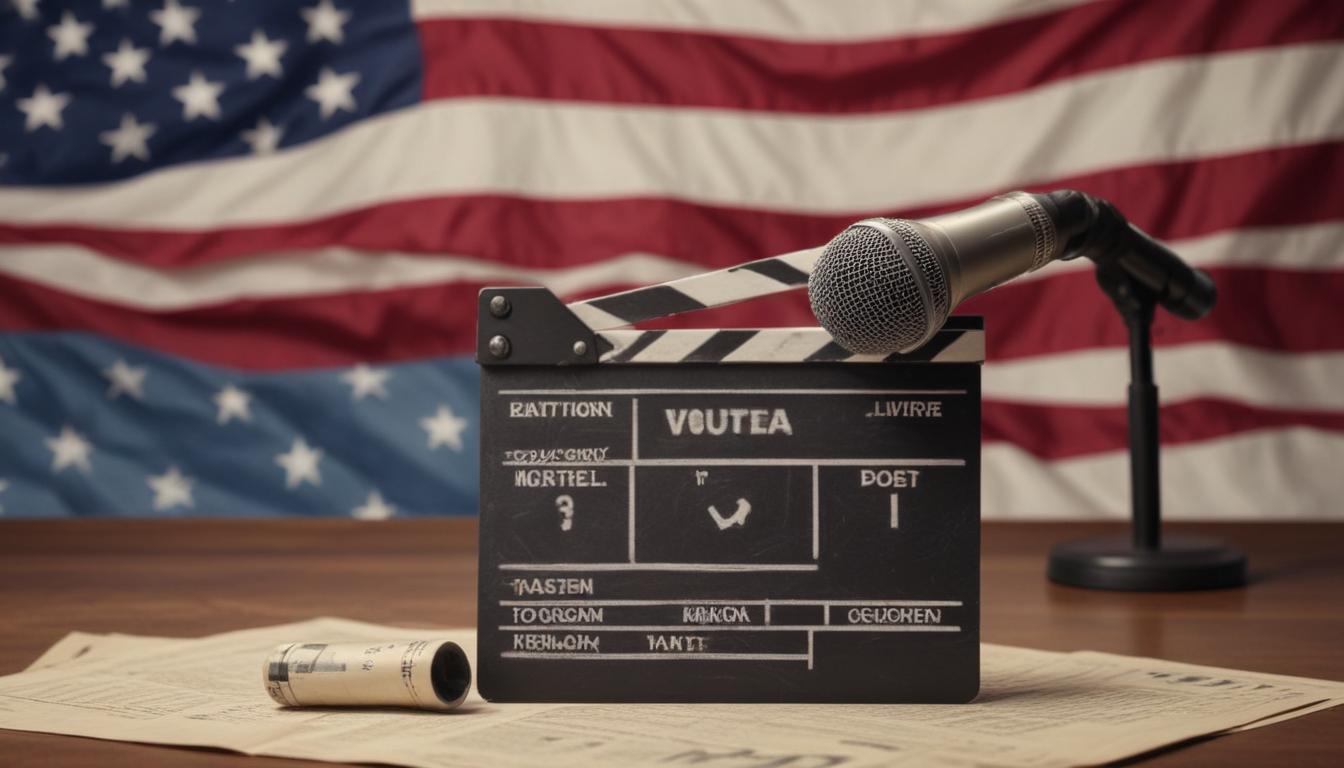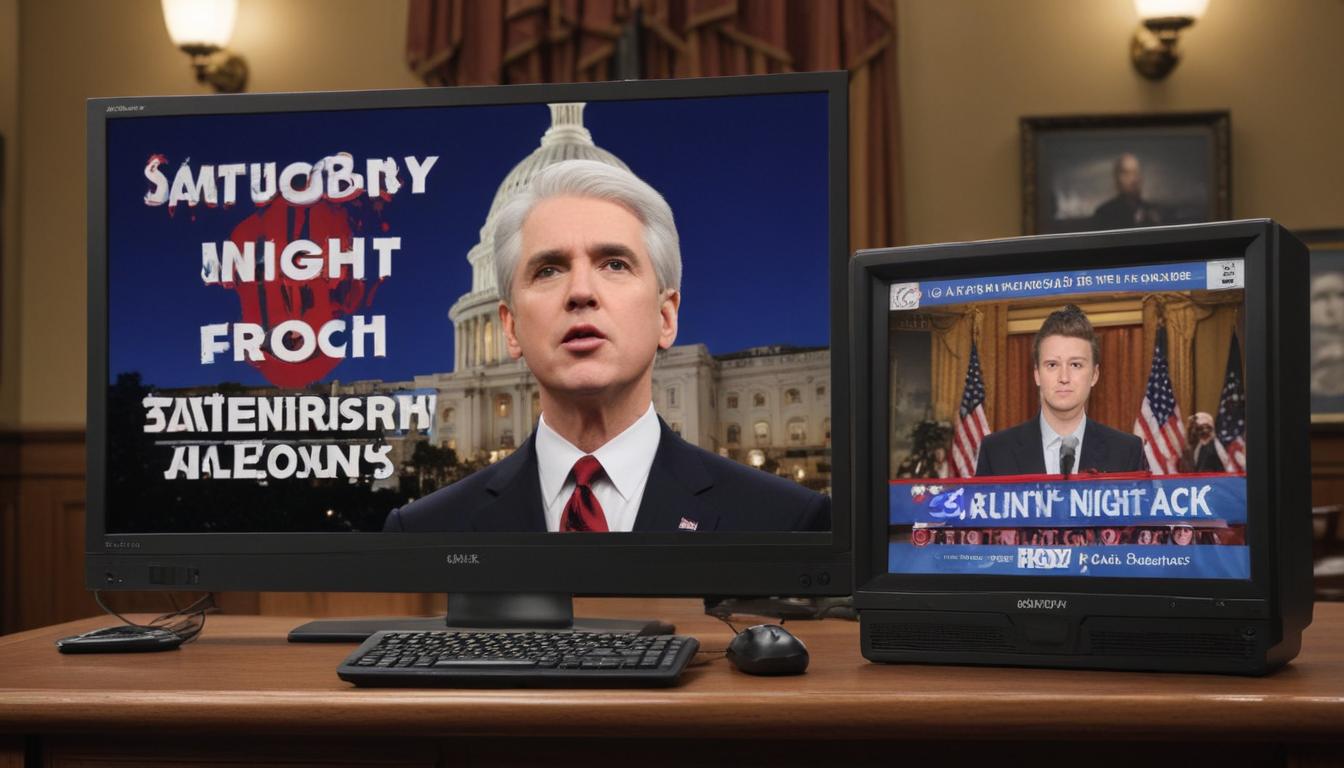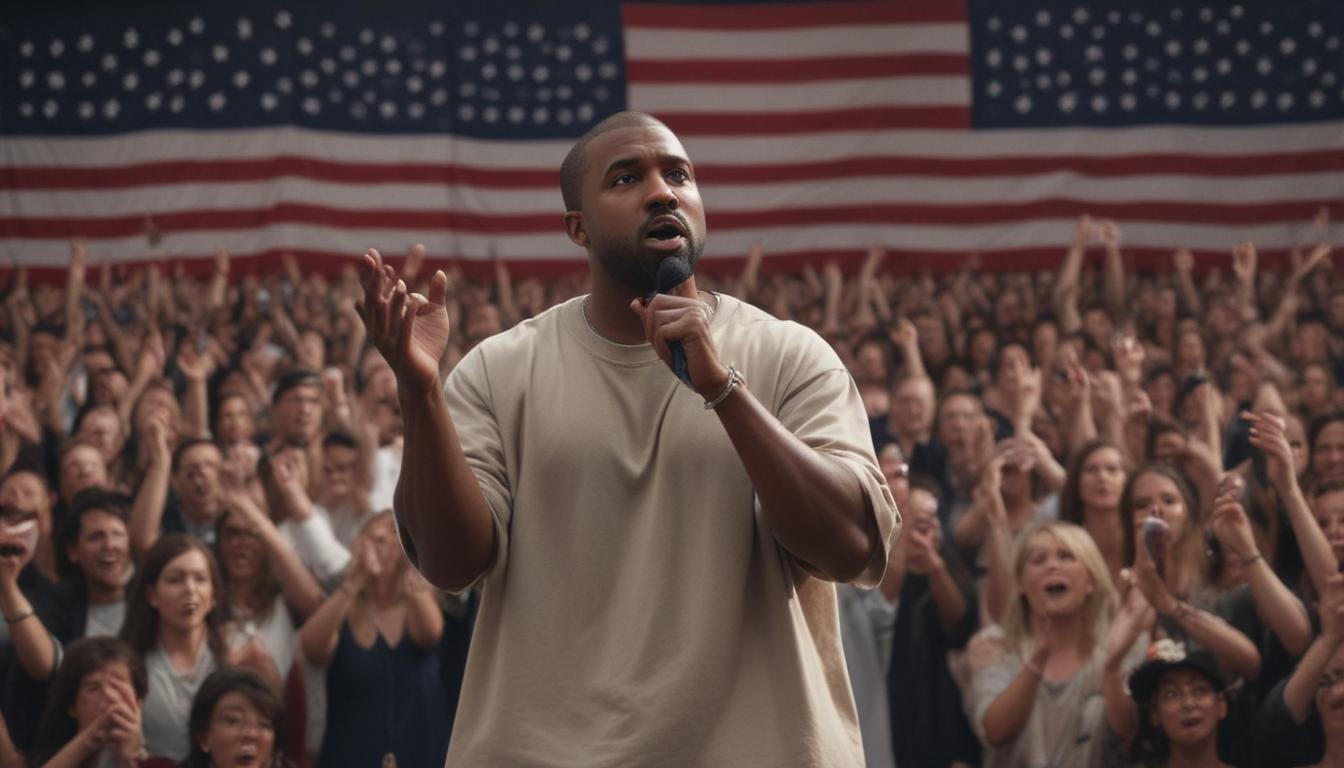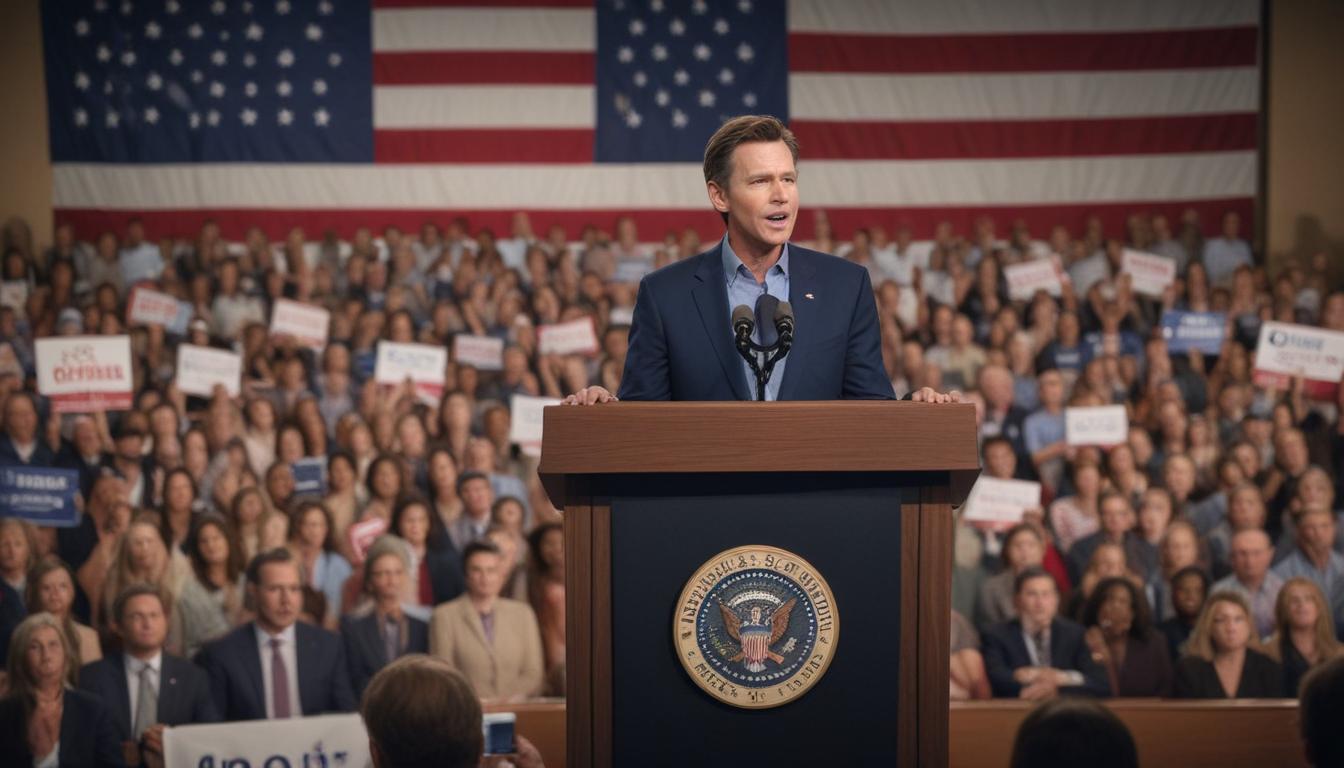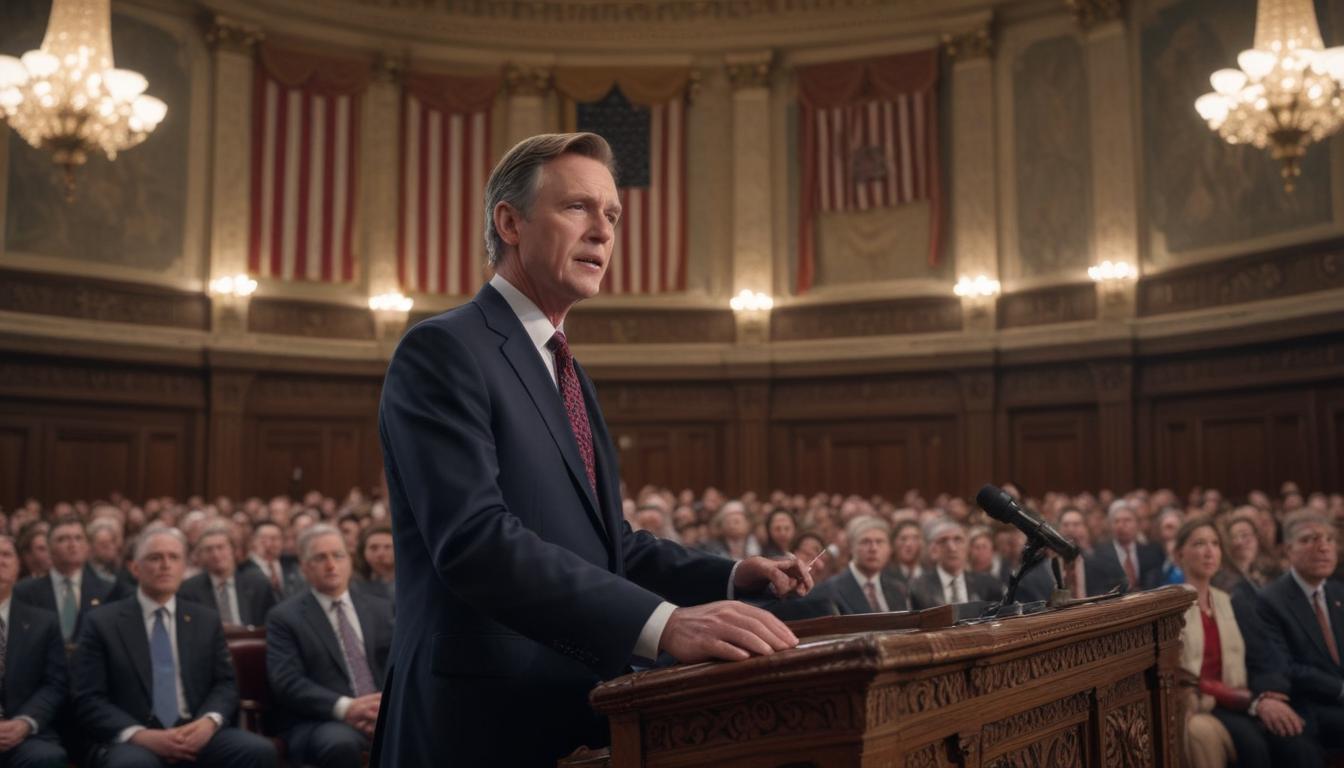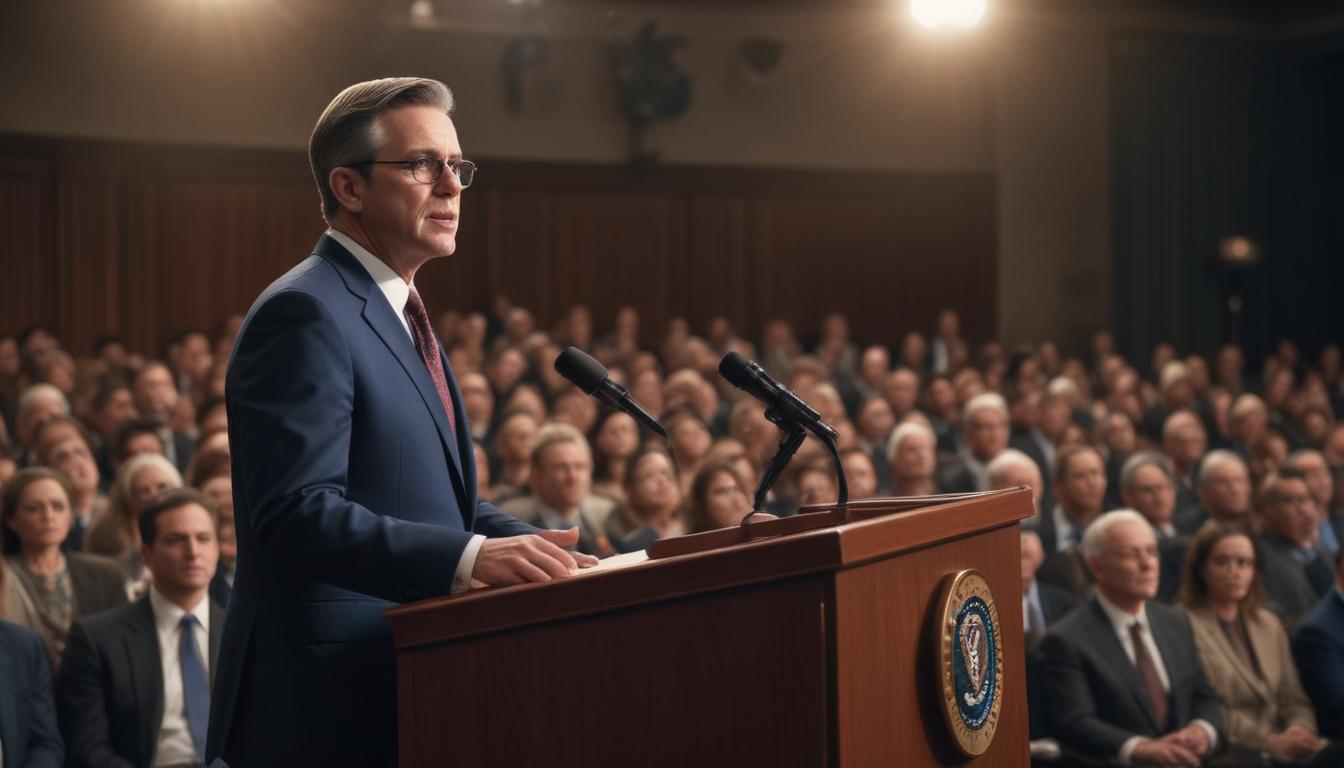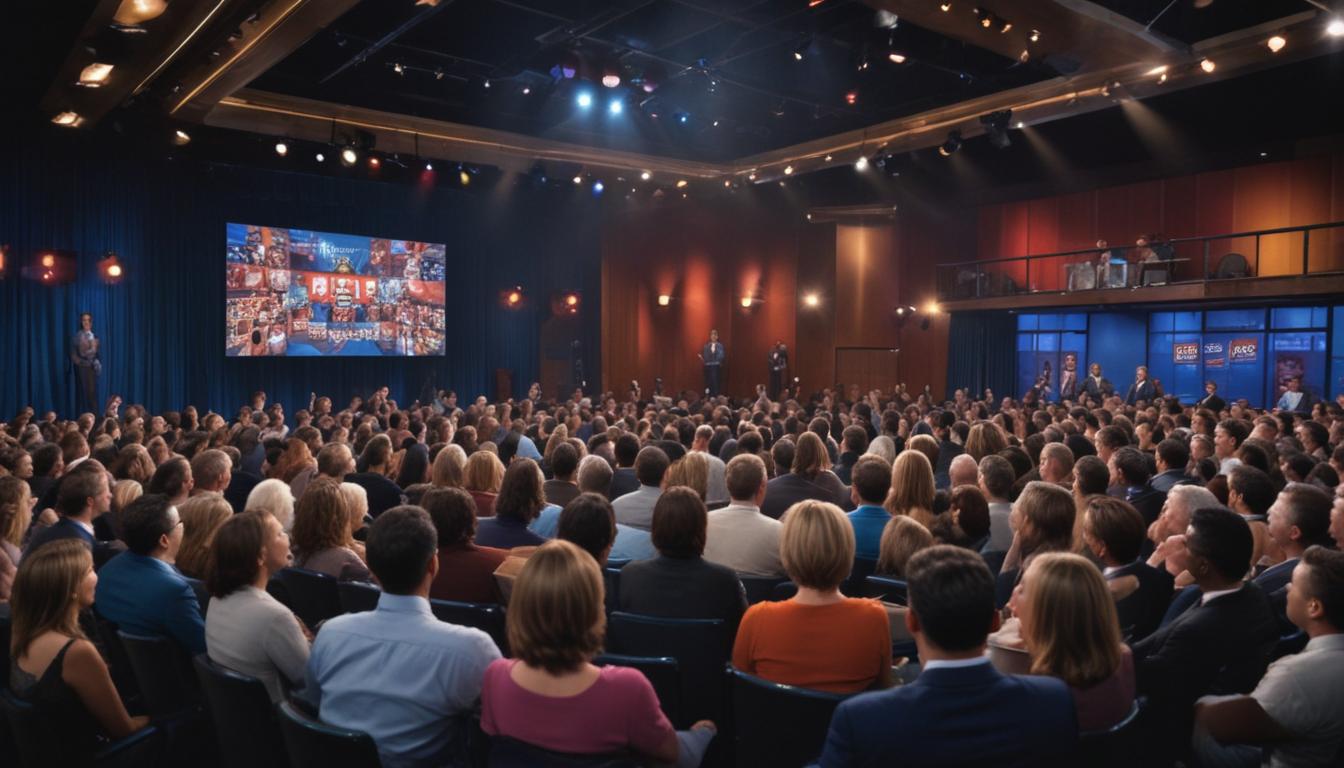# How Entertainment Shapes Politics in the United States
In the ever-evolving landscape of the United States, one of the most intriguing relationships to emerge is the interaction between entertainment and politics. This unique connection not only drives political narratives but also influences how Americans perceive governance and engage in public policy discussions. From celebrities transitioning into public office to movies, TV shows, and social media framing political issues, entertainment’s role in reshaping democracy is undeniable. Let’s dive into how this dynamic unfolds and what it means for American democracy in the 21st century.
—
## The Rise of Celebrity Politicians
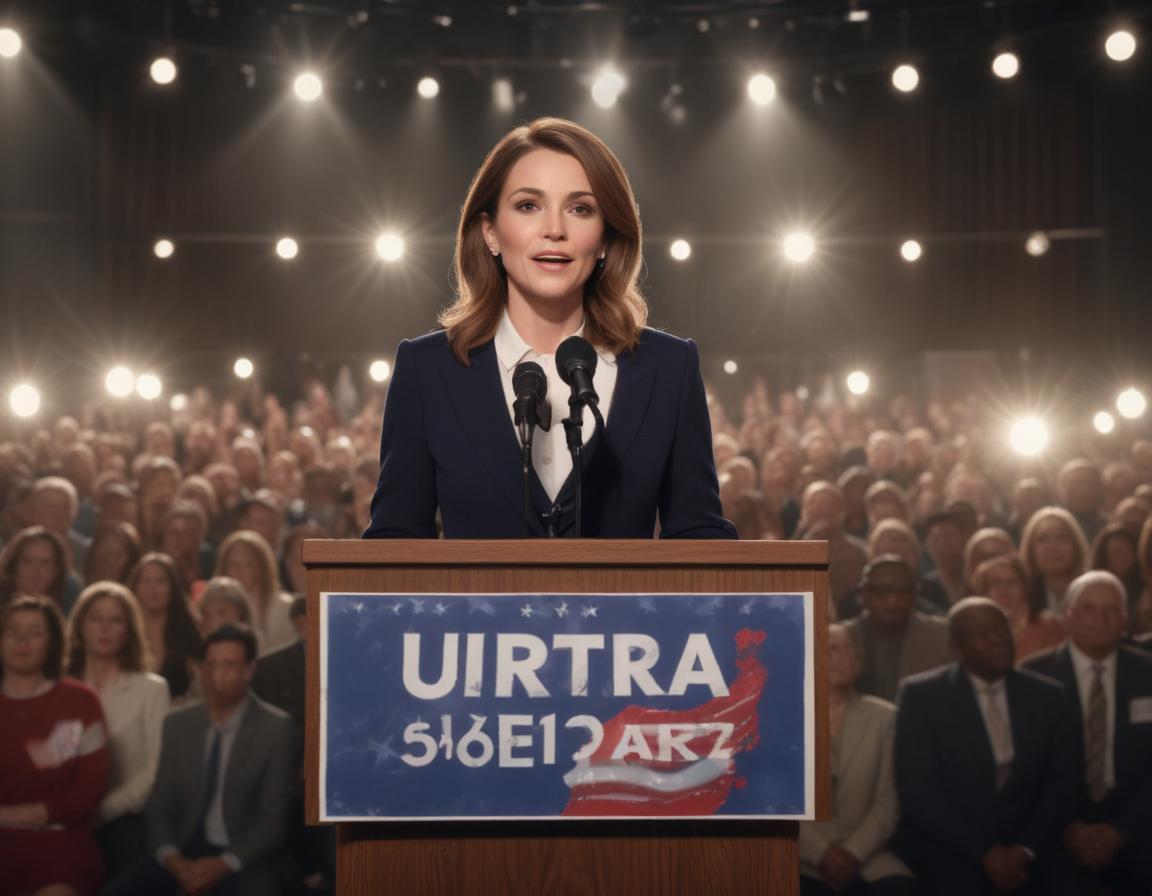
One of the most striking phenomena in modern U.S. politics is the rise of celebrity politicians. High-profile entertainers who once thrived in Hollywood, music, or even reality TV are increasingly leveraging their fame as stepping stones into public office. These figures use their widespread recognition, media presence, and loyal followings to build political momentum.
For example, leaders like Ronald Reagan, Arnold Schwarzenegger, and Donald Trump transitioned from the entertainment realm to some of the most powerful governmental roles in the country. Through television and media, they were able to communicate directly, emotionally connecting with millions of voters.
But this trend begs several critical questions:
–
–
While some argue that celebrity politicians bring fresh energy and increased visibility to essential issues, others raise concerns about the lack of traditional policy experience. The blurred line between fame and governance is undeniably altering how Americans perceive and select their leaders.
—
## Entertainment Media as Political Amplifiers
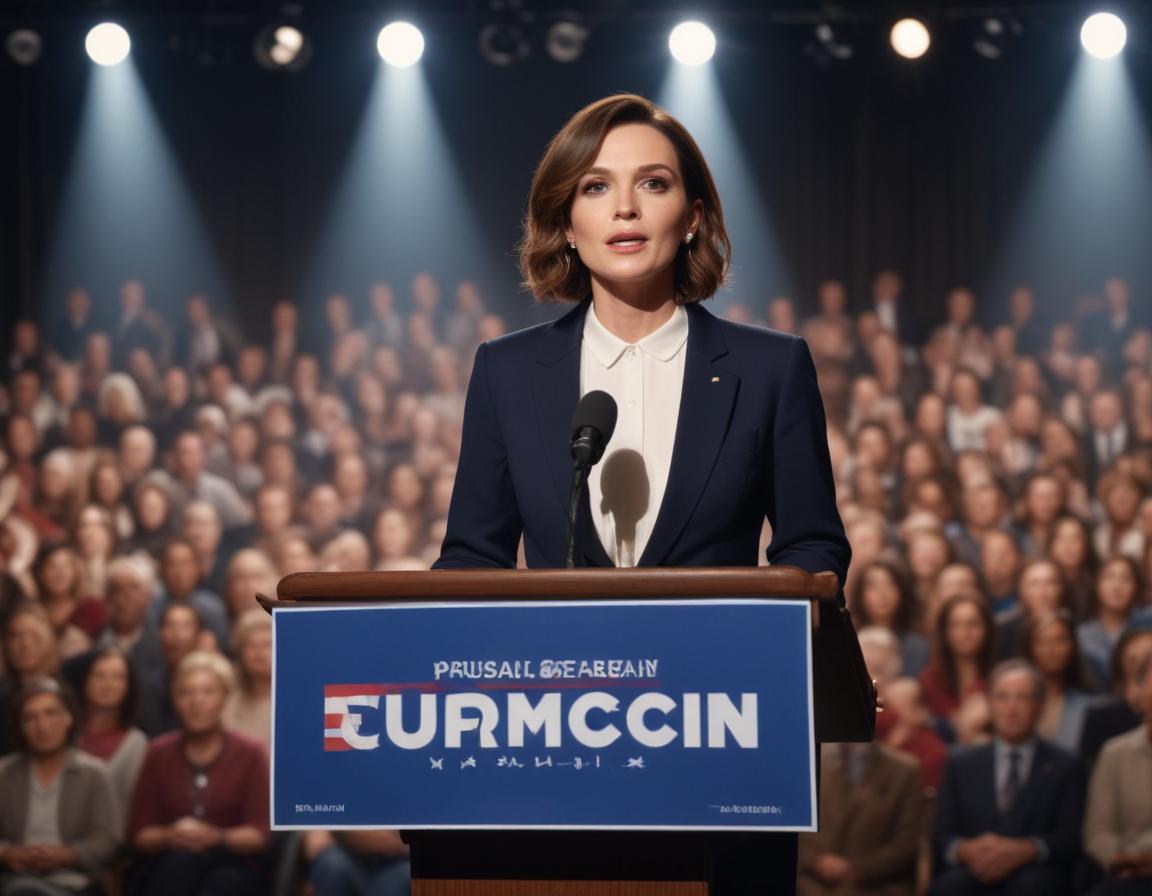
Entertainment media—whether through blockbuster movies, sitcoms, or satirical late-night shows—has become a powerful tool for shaping political discourse. These platforms are no longer confined to merely entertaining; they amplify political conversations and influence cultural attitudes profoundly.
For instance, shows like *Saturday Night Live* and *The Daily Show* use humor to simplify complicated political topics, making them accessible to broader audiences, particularly younger generations. Similarly, thought-provoking films such as *The Post* and *Vice* dive into historical political moments, reconstructing them in educational yet engaging ways.
While this intersection of entertainment and politics can inspire civic engagement, it also comes with challenges:
–
–
During election seasons, the influence of entertainment media becomes even more pronounced, as memes, sketches, and viral videos dominate discourse. While this dynamic cultivates engagement, it also calls for critical analysis to differentiate entertainment from fact.
—
## Social Media and the Democratization of Political Discourse
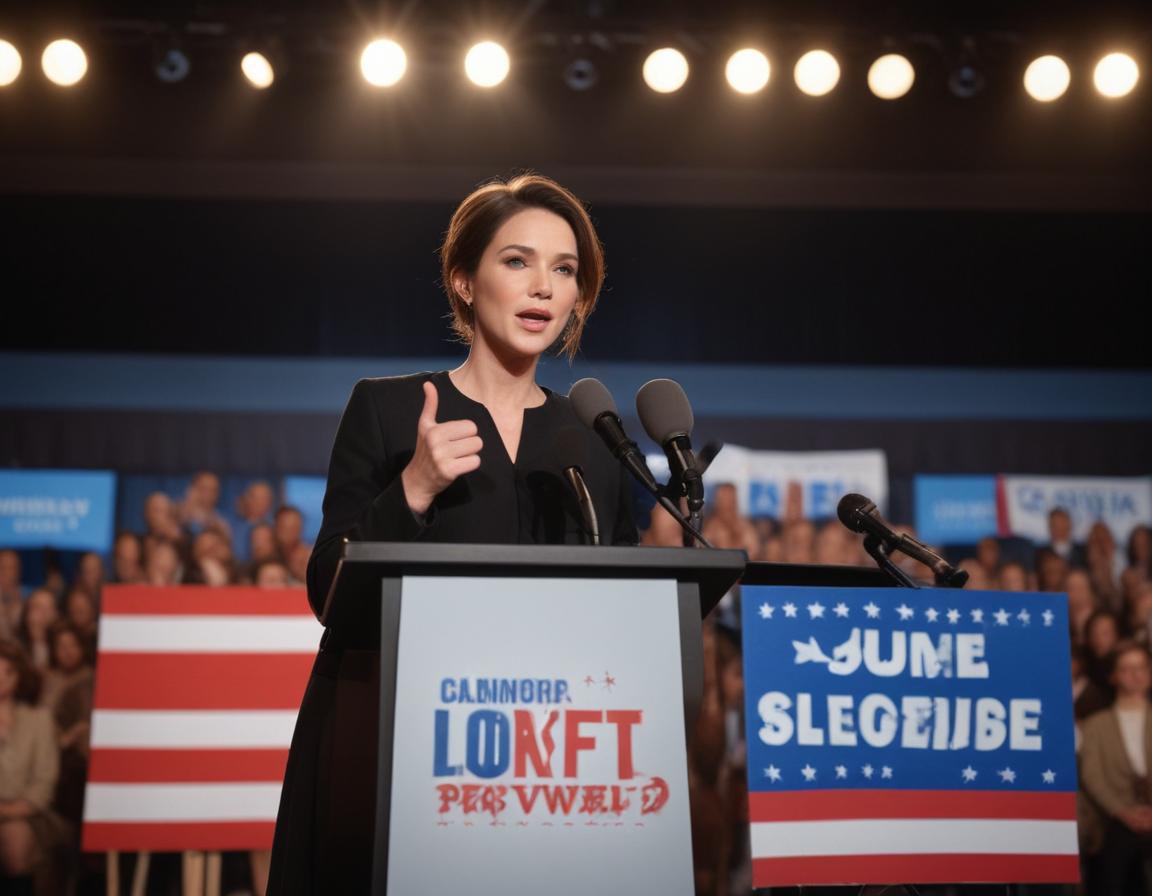
Social media platforms like Instagram, Twitter, and TikTok have revolutionized how political messages are consumed and shared. These platforms have blurred the lines between entertainment and activism, giving politicians, celebrities, and regular citizens a direct channel to reach millions of users without relying on traditional gatekeepers like TV networks.
Celebrities are embracing this medium to advocate for causes and endorse candidates. Grassroots campaigns gain traction through catchy hashtags, creative videos, and viral trends—bringing activism into the hands of everyday people. But this democratization of political discourse comes at a steep cost:
–
–
Social media’s fast-paced nature can both mobilize and polarize audiences, leaving them vulnerable to echo chambers and emotionally charged content. To navigate this landscape effectively, individuals must develop a strong sense of media literacy to separate credible information from manipulated narratives.
—
## The Impact of Pop Culture on Policy Discussions
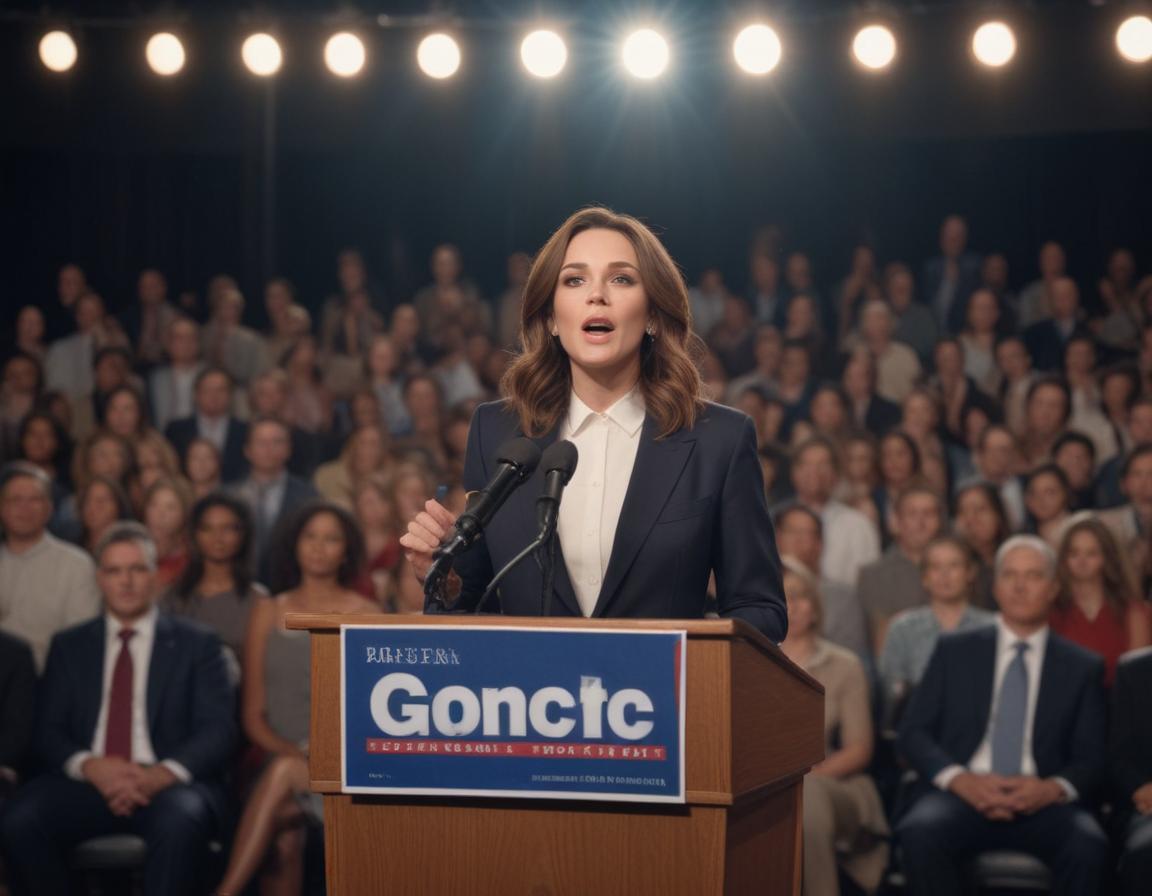
Pop culture’s role in influencing policy conversations cannot be overstated. From blockbuster films to TV series that highlight societal struggles, creators are using their platforms to make critical topics accessible and engaging for mass audiences.
Consider the TV adaptation of *The Handmaid’s Tale*, which sparked nationwide debates about women’s rights and reproductive freedom. Similarly, movies like *The Big Short* demystify complicated economic crashes for the average person. These mediums serve as a starting point for audiences to understand, empathize, and even advocate for change.
However, creators must tread carefully. Overdramatization or sensationalism in favor of storytelling risks diluting the core issues. This raises an important question:
–
Despite these challenges, the potential of pop culture to inspire civic involvement and mobilize communities around pressing issues is a testament to its tangible impact on society.
—
## The Feedback Loop: Politics Inspiring Entertainment
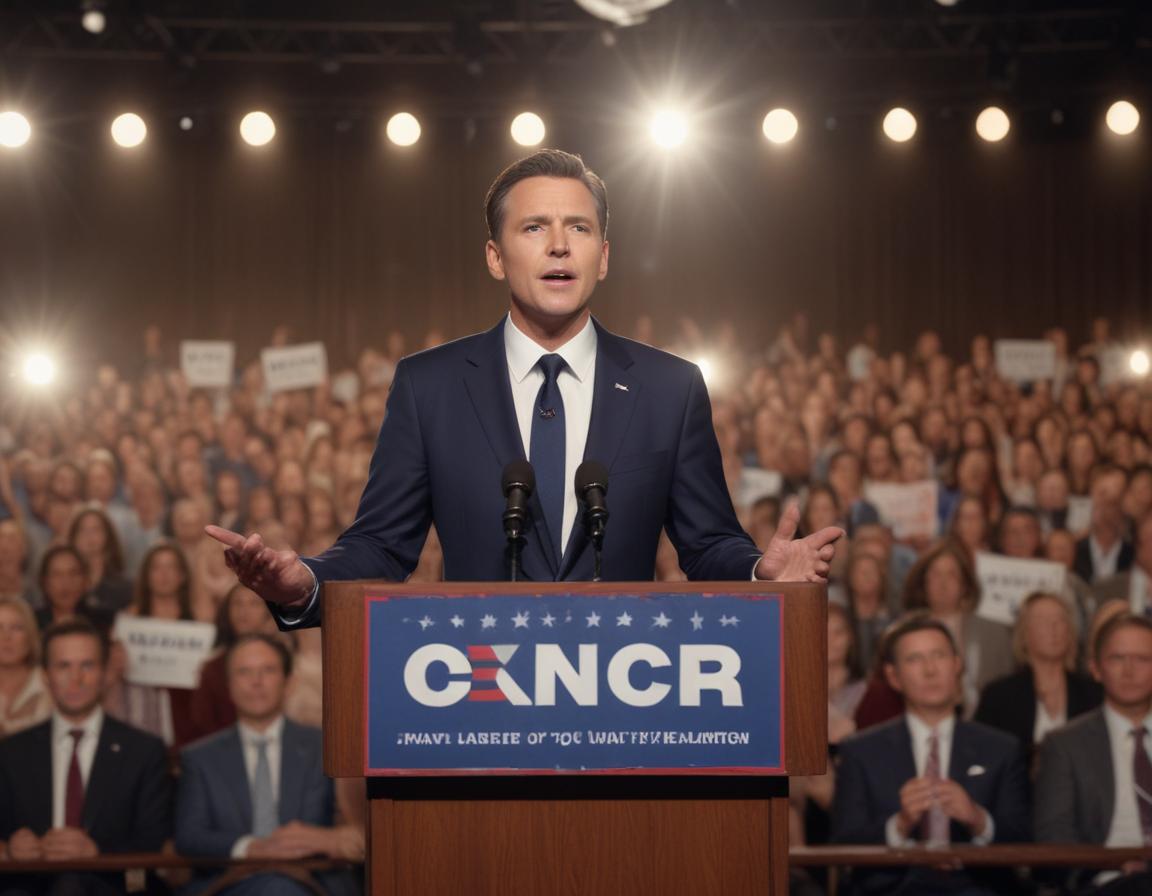
The relationship between politics and entertainment isn’t just one-sided. Political scandals, elections, and policy battles have long served as a well of inspiration for films, documentaries, and TV series.
Take the Watergate Scandal, which inspired the iconic film *All the President’s Men*. Modern productions like *Vice* or *House of Cards* explore the intricacies of governance in ways that feel larger than life yet grounded in reality. These works not only entertain but also provide audiences with a lens through which to examine political complexities.
But this symbiosis also comes with ethical dilemmas:
–
–
As entertainment continues to mirror politics—and politics, in turn, draws from entertainment—this evolving feedback loop will require scrutiny to discern where fact ends and fiction begins, especially when the stakes are so high for democracy.
—
## Conclusion
In an age where politics and entertainment are intrinsically intertwined, the implications for democracy are undeniable. This interplay has created unique opportunities for engagement but has also introduced new challenges, from misinformation to the oversimplification of critical issues.
As a society, it’s crucial to stay informed and critically evaluate the content we consume, whether it’s a viral tweet or a blockbuster movie. By nurturing media literacy and encouraging thoughtful dialogue, we can better navigate this intertwined landscape.
The synergy between entertainment and politics deserves close attention—not as passive observers but as engaged participants. Together, we can shape a future where these forces drive positive change rather than serve as obstacles to progress.
—
Now, what’s your take? How do you see entertainment and politics intersecting in today’s world? Share your thoughts and join the conversation in the comments below!
